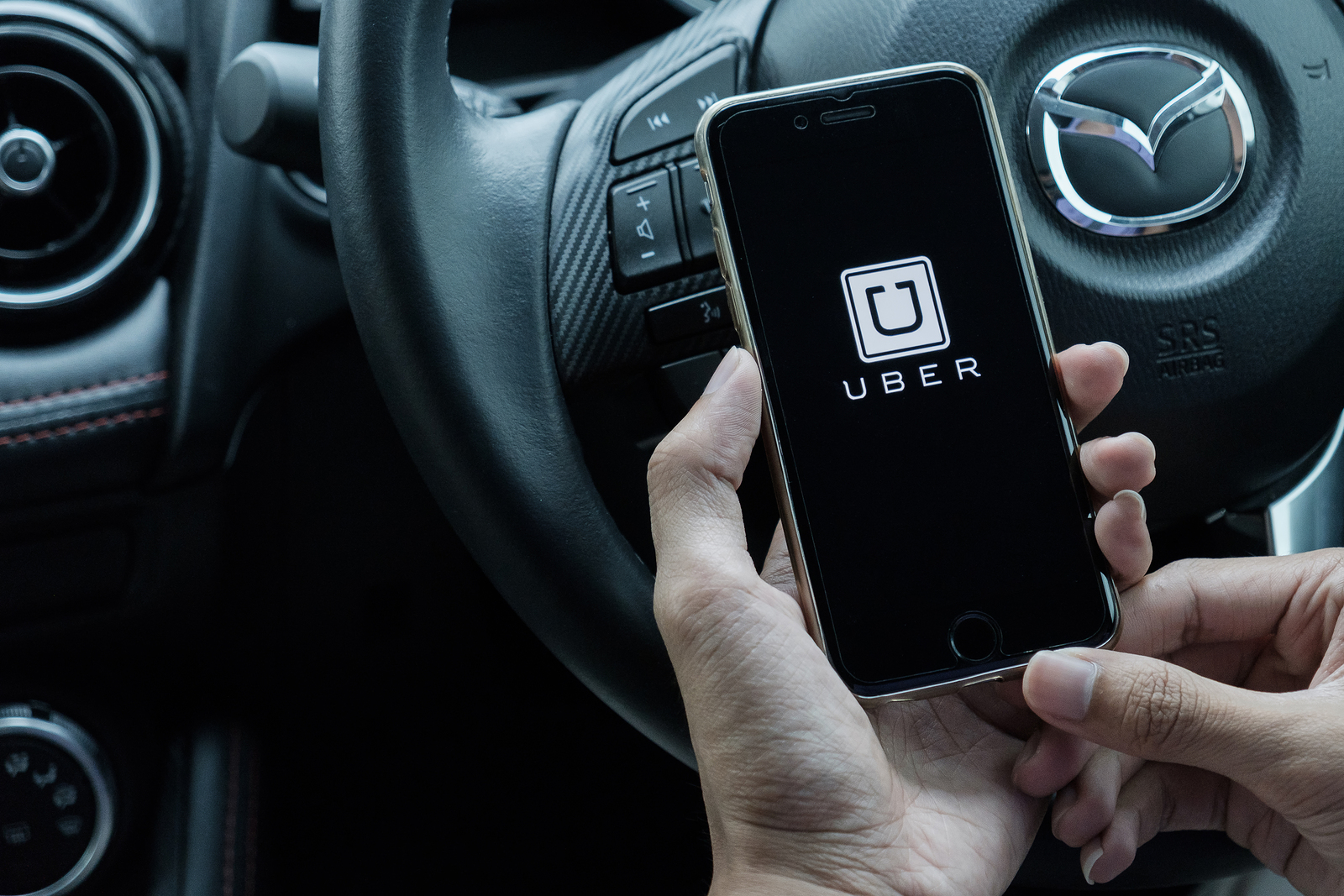
The idea of becoming a driver for a ride sharing company, such as Uber or Lyft, may seem like a tempting way to make a few extra dollars. After all, wouldn’t it be nice to turn your car into a cash-earning rather than a cash-guzzling machine?
However, before you take the leap, there are a few things you need to know about your auto insurance and whether it will cover your extra-curricular driving activities.
Will My Personal Auto Insurance Cover My Ride-Sharing Business?
You may look at becoming a ride-sharing driver as an easy way to make some extra cash on the side, but it’s actually a commercial business operation. As such, your personal auto policy stops covering your vehicle, you, and any passengers the moment you begin accepting riders. This means you have no liability protection, no comprehensive, collision or medical payments coverage – or any other type of coverage—to protect you in the event of an accident.
At that point, your automobile is no longer a personal vehicle. It is a business vehicle facing new risks, greater potential damages, and larger liability issues. As a result, your insurance company will want to re-evaluate your coverage and the premiums you pay.
What Can You Do to Protect Yourself?
The best, and most important, thing you can do to protect yourself is to check with your insurance company before you begin to offer your services as an Uber or Lyft driver. You specifically want to know if your insurance provider offers coverage for rideshare operations.
Despite the growing need for this type of coverage, many insurance carriers still do not offer it. Others, provide only limited coverage, while still others may require you to purchase both a personal use policy and a business automobile insurance policy.
Does Uber Insurance Offer Adequate Protection?
Uber and other rideshare organizations do offer insurance protection for their drivers, but it’s vital for you to understand the coverage details, such as which phases of the job are insured. For instance, your company-sponsored insurance protection may not cover the period before, during, and after ride requests are made.
You need to make sure that you have protection at all phases of the job and that coverage is adequate for your needs. Uber, for instance, does provide liability coverage while a driver is waiting for a request, but not comprehensive. That means Uber will cover another vehicle and its driver if you are at fault, but not you or your car if you are struck by another motorist.
Liability limits are also low, offering only $50,000 in injury liability and $25,000 in property damage.[i] These may not meet the state minimums where you live, so you’ll also need to understand what you’re required to carry for the geography where you plan to drive.
Where to Go for Help
Making extra money by offering your services as a rideshare driver can be a fantastic way to meet specific financial goals, have a little extra spending money, or pay off debt. However, without the right kind and amount of car insurance protection it can spell certain financial disaster for you and your family.
Discuss your insurance needs with a bolt insurance agent today, so you can make informed decisions about whether becoming an Uber driver is the right choice for you.
[i] “Insurance How You’re Covered.” Uber website, 2018. Web.